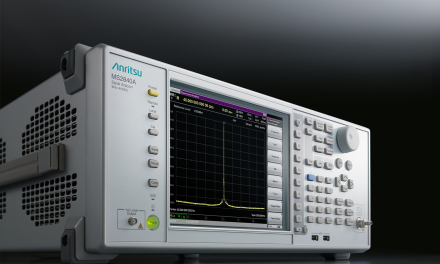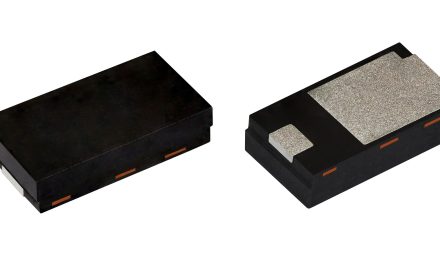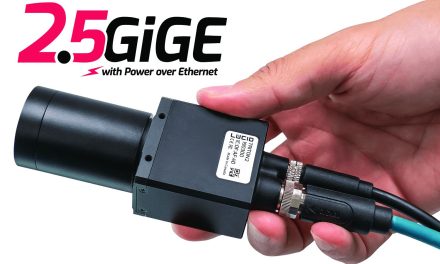About four years after Toshiba acquired Swiss metering technology company Landis+Gyr for $2.3bn, there has been yet another acquisition of a metering technology giant by a Fortune 500 company. Earlier this week in an all cash offer, Honeywell International purchased Elster Group for $5.1bn from its holding company, Melrose Industries.
At first sight this price tag seems exorbitant, especially when compared to Melrose’s original purchase price of $2.3bn in 2012, which was already a 49% premium on its share price at the time. Elster’s 2014 revenues were also very similar to Landis+Gyr’s revenues at the time of its acquisition in 2011, with both companies posting a little more than $1.5bn per year in revenue.
This acquisition is actually a very savvy move by Honeywell CEO David Cote, and the broader market appears to agree. Unlike Toshiba, whose stock lost nearly 4 percent after the announcement, Honeywell stock has jumped almost four percent since the announcement. Much like with Toshiba, Honeywell’s acquisition will help to expand their offerings in the automation and utility sectors, but unlike in 2011, the global metering market has a rosier outlook today.
Expanding utility access in the developing world, and increasing demand for efficiency in more advanced economies, are driving the market’s growth curve upward. In fact, according to the IHS Smart Utility Meter Intelligence Service, global revenues for metering across the electricity, water, and gas sectors is expected to grow, from a little under $11bn annually in 2014, to more than $15bn annually in 2020.
Elster’s strong global market presence will allow for cross-selling opportunities by Honeywell; but more importantly, its technologies mesh well with Honeywell’s current offerings. The electricity metering data and analytics are a natural complement to Honeywell’s building automation business, and Elster’s commanding presence in the gas meter market will not only fit well in automation, but also may create further synergies with Honeywell’s natural gas business.
This acquisition is another positive sign for the metering industry, due to increased vendor optimism, larger deployments being implemented, and additional value and recognised via the metering data and analytics. There are still a few large metering vendors for sale, and it will be interesting to see what their eventual purchase prices will be.




